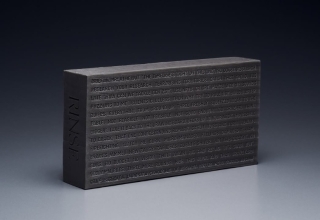
The Philippine specialists have held onto wrongfully gathered giant mollusk shells worth $3.3 million as dealers go to the imperiled animals as a substitute for the unlawful ivory exchange.
In probably the greatest activity of its sort in the country, 80 tons of the exotic species were found in a town on a distant island in the western archipelago of Palawan, In view of this, the Philippines is home to the greater part of the world’s goliath tropical shellfish species, which are viewed as undermined in the country as poaching floods.
In view of this, Protectionists say their shells are utilized as an elective material for items going from hoops to crystal fixtures as ivory turns out to be scant in the midst of a worldwide crackdown on the illicit exchange elephant tusks.
For this reason, Marine soldiers, the coastguard and neighborhood preservation authorities assaulted nearby homes on Johnson Island on Wednesday, uncovering in excess of 300 shellfish shells with an estimation of around $3.3 million on the bootleg market.Among them was the Tridacna gigas, the world’s biggest shellfish, which can grow a shell up to 1.4 meters (4.6 feet) long.
The International Union for Conservation of Nature considers Tridacna gigas a powerless species. The island’s town boss will be accused of poaching for overseeing the unlawful assortment, said Jovic Fabello, representative for the Palawan government’s protection gathering.
Consequently, it probably took local people between a half year and a year to gather the 80-ton heap, a coastguard representative told AFP. Palawan is viewed as the last boondocks of the Philippines’ rich biodiversity, but on the other hand is a focal point for the unlawful natural life exchange, with pangolins, marine turtles and wild birds poached and sold illegally.
Morever, The country’s fisheries code boycotts the assortment of giant mollusks that are viewed as imperiled, with jail terms for guilty parties of as long as eight years and fines of up to 3,000,000 pesos ($61,000). The big mollusks are significant environmental segments of coral reefs, which are nurseries for some fish species devoured by people.
























